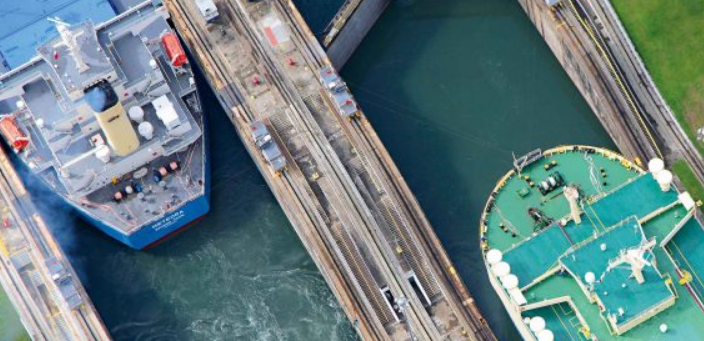According to a new report by the NGO Transport & Environment (T&E), using natural gas for transport is as bad for the climate as using petrol, diesel or conventional marine fuels.
The report considers the effects of leakage of methane, saying that fossil gas could increase GHG emissions by up to 9% or decrease them by a maximum of 12% across all transport modes. In shipping, the impact of LNG is close to that of marine gas oil, but these figures depen on engine methane slip and upstream leakage.
[smlsubform prepend=”GET THE SAFETY4SEA IN YOUR INBOX!” showname=false emailtxt=”” emailholder=”Enter your email address” showsubmit=true submittxt=”Submit” jsthanks=false thankyou=”Thank you for subscribing to our mailing list”]
In the EU, gas is taxed at rates 76% lower than diesel, while in countries with high sales of CNG and LNG vehicles, fossil gas has even lower tax rates.
For ships, LNG can be beneficial compared to heavy fuel oil, despite the fact that NOx after-treatment systems and desulphurisation of current marine fuels can achieve similar results, T&E noted It also added that shipping ‘should use the shift to low-carbon technology to also move to low air pollution technology’.
For this reason, the report suggests that achieving decarbonisation by biomethane from waste could supply 9.5% of transport’s needs. This also means that no biomethane would be left to decarbonise the other sectors already using gas. In addition, the report mentions that renewable gas based on electricity is very energy intensive and costly to produce.
Jori Sihvonen, clean fuels officer at T&E, states:
The idea that we can decarbonise transport with renewable gas is a pipedream … Pushing biomethane in transport actually makes the climate battle harder by depriving industry and domestic heating of this limited renewable resource.
You can see more details in the PDF herebelow





























































